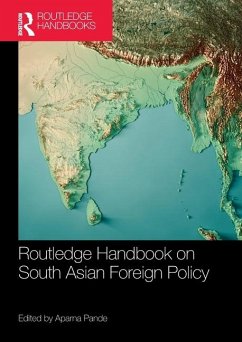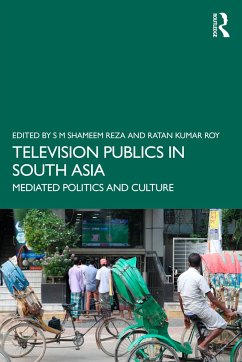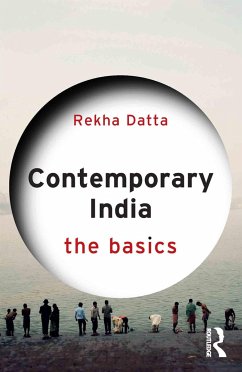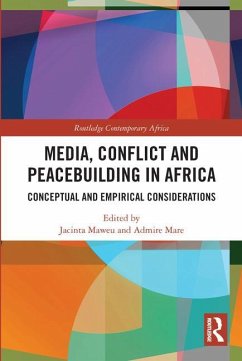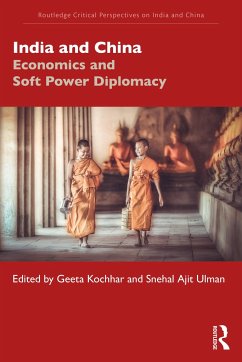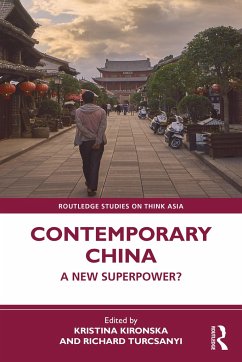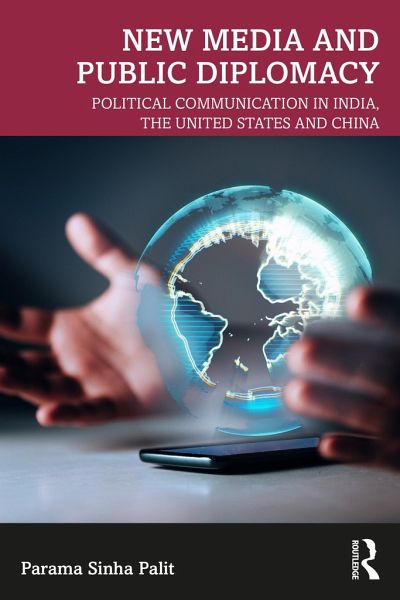
New Media and Public Diplomacy
Political Communication in India, the United States and China
Versandkostenfrei!
Versandfertig in 6-10 Tagen
45,99 €
inkl. MwSt.
Weitere Ausgaben:

PAYBACK Punkte
23 °P sammeln!
This book examines the role of new media and digital technologies in public diplomacy and political communication.Exploring political communication in India as well as in the US and China, it highlights the fundamental changes that new technology has brought about in public diplomacy. While facilitating direct engagement with constituents and tapping into territories and audiences which were harder to reach before, the new media's power to influence perceptions has revolutionised public diplomacy and engagement like never before. While managing national brands utilizing digital tools has emerg...
This book examines the role of new media and digital technologies in public diplomacy and political communication.
Exploring political communication in India as well as in the US and China, it highlights the fundamental changes that new technology has brought about in public diplomacy. While facilitating direct engagement with constituents and tapping into territories and audiences which were harder to reach before, the new media's power to influence perceptions has revolutionised public diplomacy and engagement like never before. While managing national brands utilizing digital tools has emerged imperative for contemporary nation states, they are equally engaged in online disinformation and influence campaigns. This book analyzes these activities and also emphasizes the critical role of social media in defining and shaping political attitudes while empowering the ordinary public and the leadership alike. The author, through examples from India, the US, and China, also examines the challenges of using digital tools in diplomacy and its effects on democracies across the world.
Lucid and engaging, this book will be an essential read for students and scholars of communication studies, political studies, diplomacy and foreign policy, defence and strategic analysis, media and culture studies, and international relations.
Exploring political communication in India as well as in the US and China, it highlights the fundamental changes that new technology has brought about in public diplomacy. While facilitating direct engagement with constituents and tapping into territories and audiences which were harder to reach before, the new media's power to influence perceptions has revolutionised public diplomacy and engagement like never before. While managing national brands utilizing digital tools has emerged imperative for contemporary nation states, they are equally engaged in online disinformation and influence campaigns. This book analyzes these activities and also emphasizes the critical role of social media in defining and shaping political attitudes while empowering the ordinary public and the leadership alike. The author, through examples from India, the US, and China, also examines the challenges of using digital tools in diplomacy and its effects on democracies across the world.
Lucid and engaging, this book will be an essential read for students and scholars of communication studies, political studies, diplomacy and foreign policy, defence and strategic analysis, media and culture studies, and international relations.





